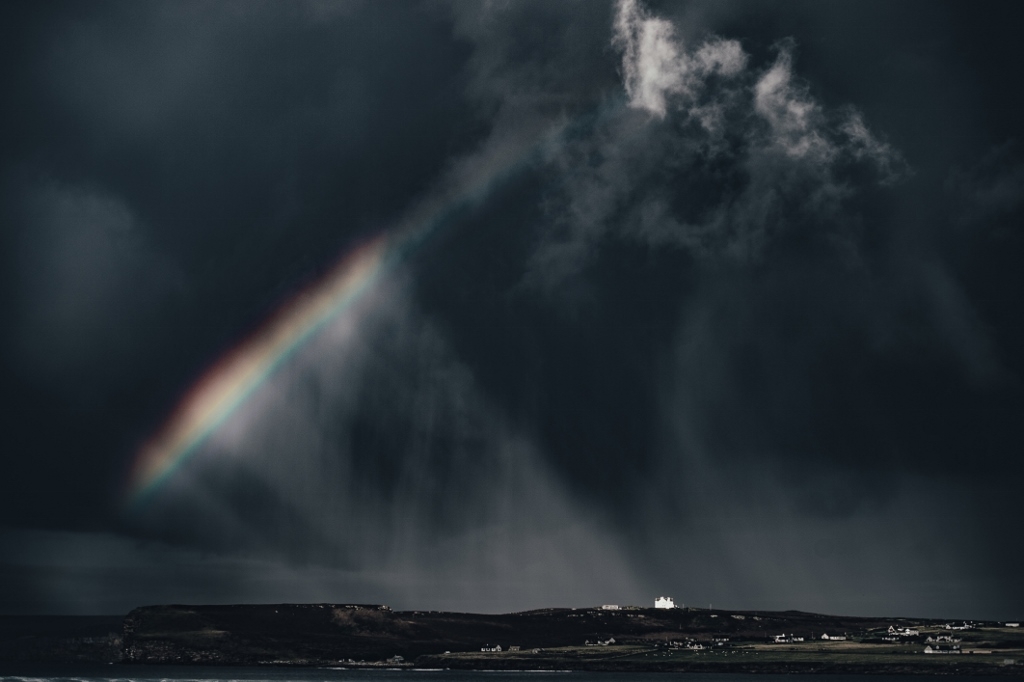
The Other Side of Reason – Finding my voice
Involved in a bus accident that took the lives of six people, David Gibson has been battling through PTSD for over three years. In an effort to better understand himself and to communicate with others, he turned to writing. His first book was The Other Side of Reason: A Journal on PTSD, available now via petrabooks.ca. This column continues that text.
[Finding my voice]
One day I finally knew.
What I had to do, and began.
When I get it right, when it all goes well.
And everything falls in place.
There’s a shift inside of you.
That opens up another space.
And there is a new voice.
Which I slowly recognized as my own.
It is a comfort then.
To understand and see.
That the self I think I know
Is more than I think it could ever be.
____________________________
It’s not an easy thing to find your voice. I know that for me it was hard to find after the bus crash. In fact it took me three years before I got out of my own way and allowed myself to fully express myself – regardless of how anyone thought or felt about me.
When I look back to a year ago, no one tells you when you are having your first book published how exposed you’ll feel. Not merely undressed, more like you’ve taken off your clothes, and are showing your exposed naked self to the world.
No one speaks of the rolling waves of anxiety that come once your book is finally released. How you suddenly contemplate changing your name, running away to a faraway land, reinventing yourself, taking up a whole new life. Of reliving and exposing your authentic self through poetry and prose.
It’s hard to explain to people how I felt after having my life so vividly threatened in the bus crash, but I guess I would say I felt outside of myself. After the accident I was doing my normal daily life activities, but I just wasn’t present. I could not possibly be engaged when I was in a state of constant anxiety and hypervigilance, worrying about who around me was “safe”. I didn’t feel safe anywhere or with anyone—not at work, not at my home, not even at the lake with friends. I also began to feel like I had no right to feel this way.
Even though I was not physically harmed like many on that bus, my entire worldview was threatened. I grew confused with the world and my place in it. I was no longer my old self, yet I didn’t feel like anyone else and I certainly didn’t like this anxiety ridden person I was becoming.
Much of trauma healing I discovered, is helping the nervous system become more “resilient.” Rather than spend a few hours or even days drowning in a state of fear, tension and nervousness after getting triggered, one of the most important actions I learned to take is to talk to someone about your feelings. It's a difficult invitation, because part of PTSD is not wanting to talk about the trauma at all or even finding your voice to speak.
Finding your voice related to trauma is a difficult proposition to navigate however you break it down. Sharing hidden feelings and thoughts can be courageous, but it can also make you feel vulnerable. The truth is, as we share our experiences — especially traumatic ones – with others, people can perceive you differently.
I wanted to share my personal experiences of trauma and living with PTSD in hopes of educating others, but I had a lot of fear and reservations. Often times I felt uncertain if I was capable of doing so. Sometimes I didn’t share my personal experiences at all. Instead I would vaguely hint at trauma in my life. I didn’t feel ready nor want to identify as a survivor.
In many ways, I have found that finding your voice is about feeling safe enough to find a kinder and forgiving space for yourself.
It is not easy to share, especially sharing experiences that make us feel vulnerable or “singled out.” However, I believe that by sharing these experiences we can cultivate our own communities, reduce stigma and find/feel solidarity and support. It has taken me a long time to share these parts of myself – either with people that I have become close to or in a more public space like publishing a book or having the privilege to write with Ottawa Life Magazine.
While being in a life-threatening situation was definitely not the highlight of my life, it was one of the moments in my life that most rattled the foundation of who I am at my core. I can no longer return to the person I was before that day, but now that I think about it, that doesn’t actually seem so bad. For the life of me, I couldn’t figure out why this happened. I wouldn’t quite say I’m happy I was in a situation I couldn’t control, but I would say I’m happy with the improvements I’m making because of it.
I do know this though: In the end, I never truly lost my voice, I only had to let it rest long enough to realize its strength and worth in the world. The poems and I have now become something much more. We have become one.
Until next time.










